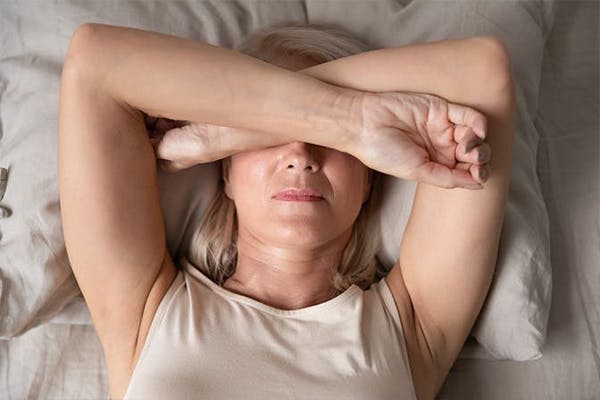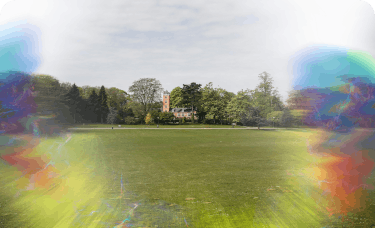The word photophobia literally means ‘fear of light’ – so it makes sense that healthcare professionals use the term to describe a hypersensitivity to light. Photophobia is a relatively common condition that can cause mild to severe eye pain or discomfort.1
What Causes Photophobia?
Photophobia can be the result of many different medical conditions and lifestyle factors. Learn about some of the most common photophobia triggers (and some very rare ones) below.
Migraine
If you are one of the unlucky 12% of the world’s population that suffers from migraines, it is extremely likely that you’ve experienced photophobia.2 According to the National Headache Foundation, between 80% and 90% of migraine sufferers will experience hypersensitivity to light during an attack. Migraine sufferers have also been found to be more sensitive to light between attacks than people who don’t get migraines.3
Unfortunately, not only is photophobia a symptom of migraines, but light is also a common migraine trigger – and exposure to light is linked with increased headache or migraine severity.4,5
Headaches
Photophobia isn’t just associated with migraines. It can also be a symptom of the more common and milder tension and cluster headaches. With these types of headaches, light sensitivity may occur both during and between attacks, but it is generally less severe than during a migraine.3

Eye Conditions
Certain eye conditions can also cause photophobia, such as:
- Blepharospasm (eye twitching): This is when muscles in the eyelids twitch or blink uncontrollably. It’s generally caused by fatigue, stress or eye strain and can cause dry, irritated eyes – as well as light sensitivity.6
- Corneal abrasion: Damage to the outer-most layer of the eye (cornea) can cause eye redness, blurred vision, headache and a sensitivity to light. This is a common injury – particularly in children – and while it’s painful, it does not generally cause permanent damage.7
- Scleritis or iritis: Inflammation or irritation of the sclera (the white of your eye) or the iris (your pupil) can cause extreme photophobia. Both can be the result of eye injury, infection or other medical conditions.8,9
- Conjunctivitis: Conjunctivitis (or ‘pinkeye’) is an inflammation of the membrane that lines the white part of your eye. This irritating condition is generally caused by a virus or bacteria and is extremely contagious, so be careful around those who already have it. Wash your hands regularly and don’t share items.10
- Trachoma: Trachoma is a contagious bacterial eye infection – and the world’s leading preventable cause of blindness. It can cause eye itching, irritation and swelling, along with photophobia.11
Brain Conditions
Some serious brain conditions can cause sensitivity to light, however these are extremely rare
- Encephalitis: Encephalitis is an inflammation of the brain tissue due to a viral infection or autoimmune condition. It affects just 10-15 people per 100,000 each year.12
- Meningitis: This rare bacterial infection affects the membranes surrounding your brain and spinal cord. If left untreated, it can be extremely serious – potentially leading to permanent brain or nerve damage.13
- Concussion: Traumatic brain injuries (TBI) such as concussion, caused by a blow or knock to the head, can lead to photophobia. In most mild cases, symptoms of concussion (including light sensitivity) will appear within a week of the injury and clear up within three months.14
Speak to your doctor immediately if you are concerned you may be showing signs of any of these conditions.









